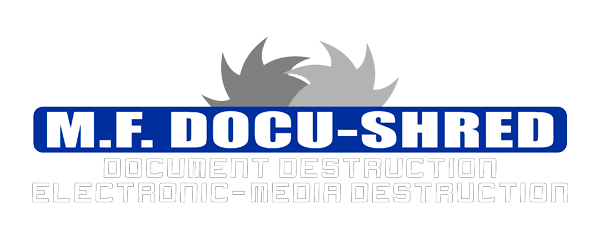 Protected Health Information (PHI) refers to any health information that can be used to identify an individual, and it is crucial to handle this data carefully to maintain patient privacy and comply with HIPAA regulations. Improper disposal of PHI is a serious concern that can lead to privacy breaches and potential legal repercussions. Let us explore an example of improper disposal of PHI to understand the importance of proper disposal methods and the risks associated with mishandling sensitive patient information.
Protected Health Information (PHI) refers to any health information that can be used to identify an individual, and it is crucial to handle this data carefully to maintain patient privacy and comply with HIPAA regulations. Improper disposal of PHI is a serious concern that can lead to privacy breaches and potential legal repercussions. Let us explore an example of improper disposal of PHI to understand the importance of proper disposal methods and the risks associated with mishandling sensitive patient information.
The Case of Careless Shredding:
One common example of improper disposal of PHI is the careless shredding of documents that contain sensitive health information. Many healthcare organizations use document shredding as a means to dispose of paper records that are no longer required. However, if these records contain PHI and are not shredded properly, they can still be reconstructed, potentially leading to unauthorized access to patients’ personal and medical information.
In one real-life case, a health clinic faced a privacy breach after an employee utilized an office shredder to dispose of documents containing PHI. Unfortunately, the shredder did not adequately destroy the documents, leaving significant portions of sensitive information readable and retrievable. These shredded pieces of paper ended up in the trash, posing a significant risk to patient privacy as they were accessible to unauthorized individuals, such as janitorial staff or anyone who dumpster-dived.
The clinic only became aware of the privacy breach when patients started reporting cases of identity theft and misuse of their medical information. The investigation revealed that the improperly shredded documents were the source of the breach. The incident not only impacted the patients whose information was compromised but also tarnished the clinic’s reputation and resulted in potential legal consequences for non-compliance with HIPAA regulations.
Importance of Proper Disposal Methods:
This example emphasizes the importance of implementing proper disposal methods for PHI. Simply relying on office shredders is not sufficient, as they might not provide the desired level of security to prevent unauthorized access to PHI. Instead, healthcare organizations should consider professional document destruction services that offer greater safeguards and ensure compliance with HIPAA regulations.
Professional document destruction services offer secure and traceable means of disposing of sensitive information. They utilize industrial-grade shredders that thoroughly destroy documents into indecipherable pieces, minimizing the risk of reconstruction. Furthermore, reputable service providers provide documentation of the destruction process, including a certificate of destruction, which helps organizations demonstrate their commitment to protecting patient privacy.
Safe Disposal Alternatives:
Besides shredding, healthcare organizations should also consider other safe disposal alternatives. For example, electronic PHI (ePHI) stored on physical devices, such as computers, laptops, or hard drives, should be securely wiped or destroyed using certified methods before disposal. This ensures that any stored data is irretrievable, eliminating the risk of unauthorized access.
Similarly, organizations should be cautious when disposing of PHI-related waste, such as prescription labels, laboratory specimens, or other materials that may contain identifiable patient information. Proper disposal methods, such as incineration or secure recycling, should be employed to prevent any potential privacy breaches that may occur through mishandling or inappropriate disposal of these materials.
Summary:
The case of careless shredding exemplifies the risks associated with improper disposal of PHI. Healthcare organizations must go beyond relying on basic shredders and implement secure and proper disposal methods to prevent unauthorized access to sensitive patient information. By utilizing professional document destruction services and following proper disposal protocols for electronic and physical devices, healthcare providers can ensure their compliance with HIPAA regulations and safeguard the privacy of their patients’ information. Prioritizing proper disposal methods is not only essential for maintaining patient trust and reputation but also for avoiding costly legal consequences that can arise from privacy breaches.
Need Reliable Document Destruction in Liberal, KS?
M.F. Docu-Shred offers recurring container and scheduled purge services for businesses located in Southwest Kansas and the Oklahoma Panhandle. We also offer one-time destruction services to small businesses and residential customers that need high-end data protection on an infrequent basis. Document shredding and digital storage device destruction are a must for anyone that must protect the identities, personal details, financial information, and other personal facts about clients by law. Recent legislation includes California v. Greenwood, Health Insurance Portability and Accountability Act (HIPPA), Gramm-Leach-Bliley Act (GLBA), Bill C-6, and the Fair and Accurate Transaction Act (FACTA). Give us a call today to learn more about what we can do for you!

